Recent controversies surrounding the Weston Hotel, a luxury establishment linked to President William Ruto, have continued to spark public debate.
The hotel, which has been entangled in legal battles over the land it occupies, has recently faced scrutiny over how it secures government tenders, allegedly due to the president’s influence.
A significant part of the controversy surrounds the ownership of the land on which the Weston Hotel sits.
The Kenya Civil Aviation Authority (KCAA) claims that the land was grabbed from them.
Although a court case is still ongoing, the National Land Commission (NLC) previously ruled that Weston Hotel should compensate KCAA for the land.
However, the hotel, represented by prominent lawyer Ahmednassir Abdullahi, argues that it acquired the land legally and should not be required to compensate for it again.
This case is a crucial focal point for critics, who allege that President Ruto has used his position to back then to sway the outcome in his favor.
Aside from the land ownership issue, there are rising concerns about the tenders awarded to Weston Hotel for government-related activities.
While no official documentation has confirmed direct links between President Ruto’s office and these contracts, it has been rumored that his influence has played a role in securing tenders for the hotel, raising questions about conflicts of interest.
These include contracts allegedly related to government events hosted at Weston, but specific details remain opaque, as public procurement processes are shrouded in secrecy.
This situation has contributed to broader concerns about governance under President Ruto’s administration, with allegations that his position allows him to manipulate state resources for personal gain.
Observers note that the line between personal business interests and public office responsibilities appears increasingly blurred, given his hotel’s continued prominence in such dealings.
Critics argue that these activities undermine public trust in the transparency of government operations.
While some defend the president’s right to engage in private business, others stress that it is imperative to address these allegations to ensure accountability, especially given Kenya’s fraught history with corruption.







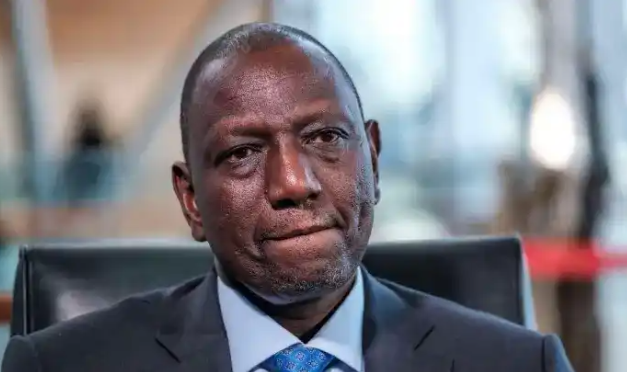






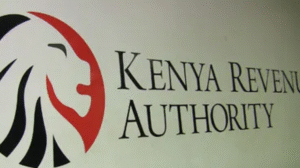
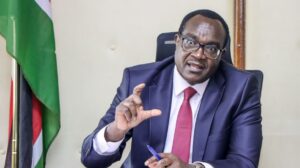
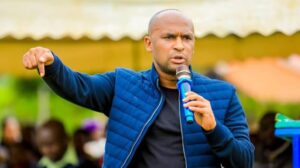


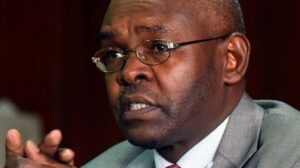
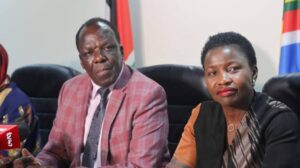
Add Comment